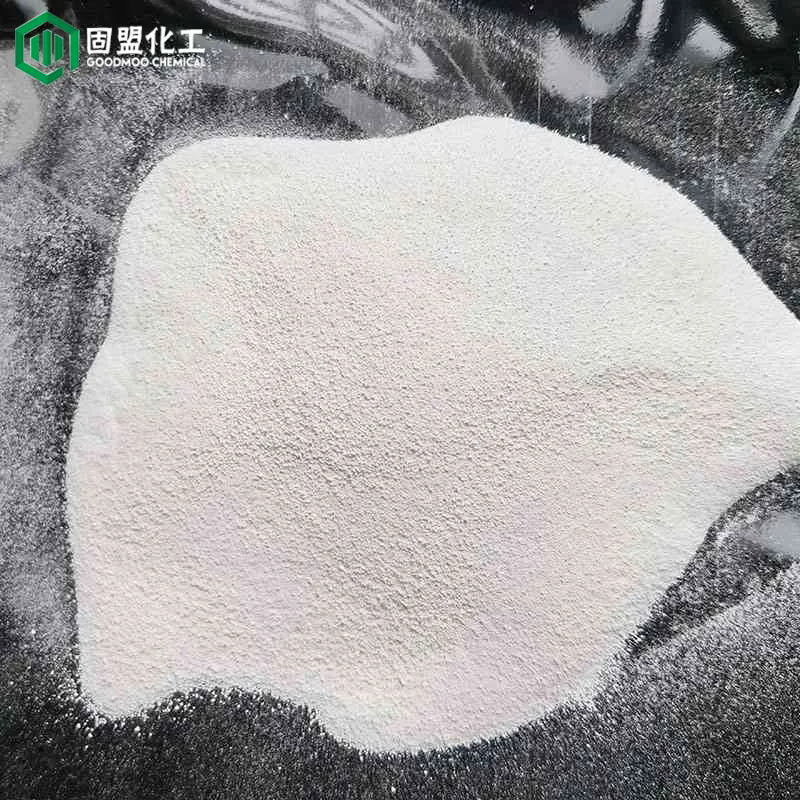Ethyl Cellulose: A Versatile Polymer Transforming Industries
2024-08-26
Ethyl cellulose is a polymer that has carved out a significant niche in various industries due to its unique properties and versatility. From pharmaceuticals to coatings, this compound is a key ingredient in numerous applications, making it an invaluable resource for manufacturers and consumers alike. In this blog, we’ll delve into what ethyl cellulose is, its properties, applications, and the benefits it brings to different sectors.
What is Ethyl Cellulose?
Ethyl cellulose is a cellulose derivative, derived from natural cellulose through a chemical process known as esterification. In this process, some of the hydroxyl groups in the cellulose molecules are replaced with ethyl groups, resulting in a polymer with distinct properties. Ethyl cellulose is typically produced as a white, odorless powder that is soluble in organic solvents but not in water.
Chemical Formula: (C6H10O5)n where n represents the number of repeating units.
Key Properties of Ethyl Cellulose
1. Solubility: Ethyl cellulose is soluble in a range of organic solvents such as ethanol, acetone, and chloroform. However, it is insoluble in water, which makes it useful in applications where water resistance is required.
2. Film-Forming Ability: It has excellent film-forming properties, creating smooth, flexible, and durable films upon drying. This characteristic is particularly valuable in coatings and packaging.
3. Viscosity: Ethyl cellulose solutions exhibit a wide range of viscosities depending on the concentration and molecular weight of the polymer. This allows for customization of the viscosity for specific applications.
4. Thermal Stability: It has good thermal stability, meaning it maintains its properties over a wide temperature range, which is beneficial for processing and application in various conditions.
5. Biodegradability: While not as readily biodegradable as some other polymers, ethyl cellulose is derived from natural cellulose, which contributes to its environmental friendliness compared to fully synthetic polymers.
Applications of Ethyl Cellulose
1. Pharmaceutical Industry:
- Drug Delivery: Ethyl cellulose is used as a binder in tablet formulations, providing stability and controlling the release of active ingredients. It helps in forming tablets that are robust and resistant to breaking.
- Coatings: It is used in coatings for controlled-release formulations, providing a barrier that regulates the dissolution rate of the drug.
2. Food Industry:
- Food Coatings: Ethyl cellulose is utilized in the food industry for coatings that enhance the texture and shelf life of food products. It acts as a barrier to moisture and oxygen, preserving freshness.
3. Coatings and Inks:
- Protective Coatings: In the coatings industry, ethyl cellulose is used to create protective films on surfaces, offering resistance to water, chemicals, and abrasion.
- Printing Inks: It is an important component in printing inks, where it contributes to the ink's viscosity and adhesion properties.
4. Construction and Building Materials:
- Adhesives and Sealants: Ethyl cellulose is used in adhesives and sealants, providing flexibility and improving the adhesion of materials.
5. Cosmetics:
- Formulations: It is used in various cosmetic products such as creams and lotions, where it acts as a thickening agent and stabilizer, improving the texture and consistency of the products.
6. Textiles:
- Fabric Finishes: In textiles, ethyl cellulose is used to provide finishes that enhance the appearance and performance of fabrics, including water resistance and increased durability.
7. Paper and Packaging:
- Paper Coatings: It is used as a coating for paper products, improving their strength and printability. Ethyl cellulose also finds applications in packaging materials due to its barrier properties.
Benefits of Ethyl Cellulose
1. Versatility: Its wide range of solubility and viscosity options make it suitable for diverse applications across various industries.
2. Durability: Ethyl cellulose’s ability to form strong, flexible films adds durability and resistance to products, enhancing their performance and longevity.
3. Controlled Release: In pharmaceuticals, it provides precise control over drug release rates, improving therapeutic efficacy and patient compliance.
4. Environmental Considerations: While not completely biodegradable, ethyl cellulose is derived from renewable resources and is a more environmentally friendly option compared to fully synthetic polymers.
5. Customization: The properties of ethyl cellulose can be tailored to specific needs, offering flexibility in formulation and application processes.
6. Enhanced Performance: Its use in coatings, adhesives, and inks improves the performance characteristics of these products, such as adhesion, resistance, and texture.
How Ethyl Cellulose is Manufactured
1. Cellulose Extraction: The process begins with the extraction of cellulose from natural sources such as wood or cotton.
2. Esterification: Cellulose is then reacted with ethyl chloride or ethyl bromide in the presence of a catalyst to produce ethyl cellulose. This chemical reaction replaces some of the hydroxyl groups on the cellulose molecules with ethyl groups.
3. Purification and Drying: The resulting ethyl cellulose is purified to remove impurities and then dried to obtain the final product in powder form.
4. Quality Control: The final product undergoes rigorous quality control testing to ensure it meets industry standards for purity, viscosity, and solubility.
Conclusion
Ethyl cellulose is a remarkable polymer with a wide range of applications across various industries. Its unique properties, including solubility in organic solvents, film-forming ability, and durability, make it an essential component in pharmaceuticals, food coatings, construction materials, and more. As industries continue to seek innovative solutions for their products and processes, ethyl cellulose stands out as a versatile and valuable material. Embracing the benefits of ethyl cellulose can lead to improved product performance, enhanced functionality, and a positive impact on both industrial and consumer applications.



